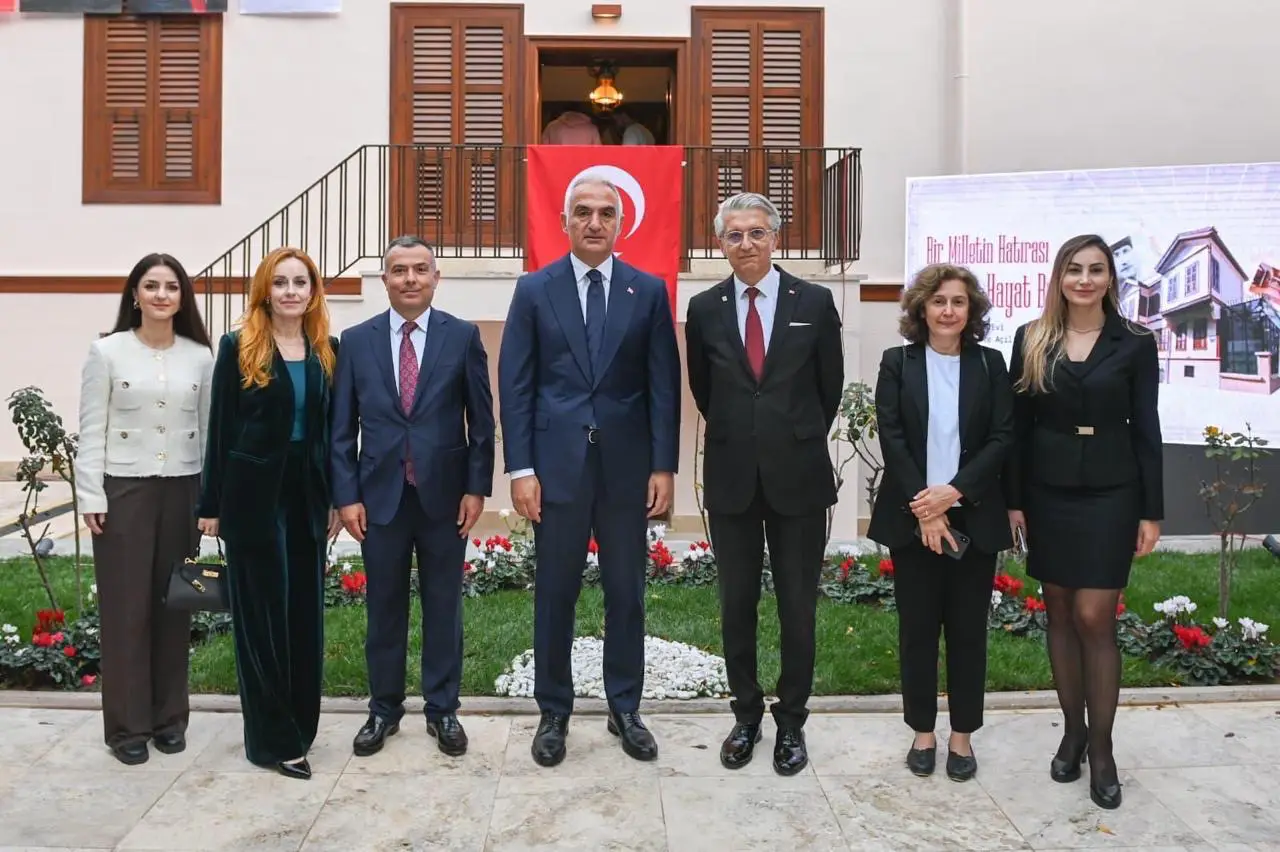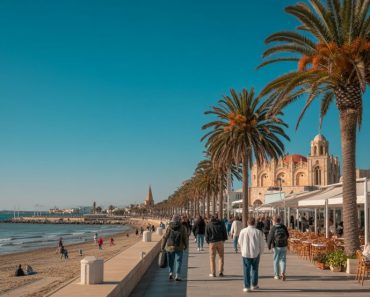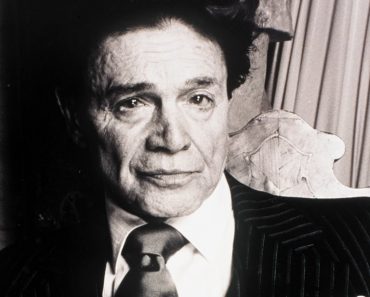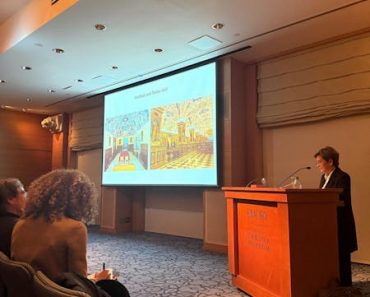Every historic home tells a story, but few are as symbolic as the one on a quiet street in Thessaloniki where a young boy named Mustafa first dreamed of the future. Nearly a century later, that boy would become Mustafa Kemal Atatürk, founder of the Republic of Türkiye — and his birthplace has now been beautifully restored for visitors once again.
The Ataturk House, located in the northern Greek port city overlooking the Aegean, has reopened after an extensive restoration led by Türkiye’s Ministry of Culture and Tourism. The project, completed in partnership with the Turkish Consulate in Thessaloniki, returns the 19th-century residence to its 1953 museum state, when it was first opened to honor Ataturk’s legacy.
Announcing the reopening, Türkiye’s Culture and Tourism Minister Mehmet Nuri Ersoy said that paying tribute to Ataturk “means safeguarding the republic and the future while also accepting responsibility for the nation.” The restoration, he added, reflects not only respect for the founder’s memory but also Türkiye’s enduring dedication to cultural heritage and diplomacy.
A landmark of shared history
The three-story pink house, nestled in Thessaloniki’s historic district, has long been a site of quiet pilgrimage for Turkish visitors and a reminder of the intertwined histories of Türkiye and Greece. Ersoy described the building as “the place where the first steps toward the republic were taken,” highlighting its symbolic value for both nations.
The restoration, initiated in late 2024, included architectural conservation, renewed exhibition planning, and the creation of a new ethnographic section showcasing traditional household items from the period. The house now features a library, interactive displays, and detailed documentation of Ataturk’s life, offering a more immersive experience for visitors interested in the origins of Türkiye’s modern identity.
“Ataturk was more than a statesman; he was a leader who left an indelible mark on the nation’s heart,” said Ersoy. “The restoration reflects the respect and loyalty shown to his memory.”
Beyond its historical and political resonance, the reopening of the Ataturk House carries a message of peace. Greek Deputy Tourism Minister Anna Karamanli attended the inauguration, calling it “an important opportunity to strengthen bilateral relations and promote good neighborliness.” Both countries emphasized the importance of cultural preservation as a bridge for dialogue between nations long connected by geography and history.
Where culture meets diplomacy
For travelers, the Ataturk House offers more than a glimpse into one man’s early life — it’s an exploration of identity, memory, and shared heritage. Thessaloniki, known for its Byzantine churches, waterfront promenades, and multicultural past, provides an evocative setting for the museum. Visitors can trace Ataturk’s youth through the modest rooms where he lived, furnished with period décor and personal artifacts, before stepping outside to explore the city’s vibrant blend of Ottoman, Greek, and Balkan influences.
The restoration aligns with Türkiye’s broader efforts to preserve cultural landmarks abroad, reinforcing the government’s emphasis on heritage diplomacy. In his remarks, Ersoy said the Thessaloniki project “echoes President Erdogan’s message that the house should symbolize peace between Türkiye and Greece,” underscoring the cultural as well as political significance of the reopening.
For many Turks, visiting the Ataturk House in Thessaloniki is both a sentimental journey and a symbolic act — one that connects national pride with the region’s shared Mediterranean story. The renewed exhibits now invite travelers from around the world to reflect on how personal history can transcend borders.
Karamanli noted that such initiatives “promote understanding through culture and history,” expressing optimism that the house will attract both Greek and international visitors. The reopening also highlights growing cultural tourism between Türkiye and Greece, two countries whose coastal cities and shared Aegean heritage continue to draw millions of travelers each year.
For visitors to Thessaloniki, the Ataturk House is open to the public as part of the Turkish Consulate complex. Admission is free, and tours are available in multiple languages. Whether approached as a museum, a cultural monument, or a diplomatic gesture, the house stands as a living reminder that history often finds its most powerful expression in the places where it began.








